Globalised and complex, the textile industry is notorious for the social issues in its supply chain and for its strong impact on the environment. As a major player in the sector, our Group has an important role to play in establishing ethical partnerships with its suppliers and supporting them in improving their social practices. We also aim to work with all our stakeholders to develop our products and operations in order to better preserve ecosystems and meet our commitments to reduce carbon emissions.
A more sustainable way of doing business, designed and built at every level of our value chain with our employees, our customers and our suppliers.
more sustainable fashion
Quality products
Customer satisfaction is our Group’s priority, and we make it a point of honour to offer them safe, high-quality, long-lasting products. We have implemented a quality policy structured around framework agreements signed by all our suppliers. Led by our quality team, we also implement rigorous quality and compliance control processes in France and in the sourcing countries. At the same time, we are committed to developing our standards to improve the durability of our products and extend their lifespan.
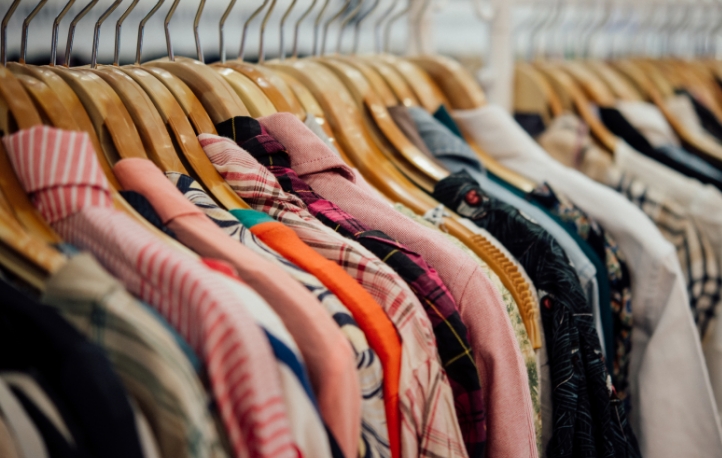
77%
of product references with a durability test*
Eco-responsible materials
Fibres represent the main environmental impact of a textile product, from design to end-of-life. This is why the Group’s brands have defined and deployed an ambitious strategy to purchase more sustainable materials for their collections: organic cotton, BCI, recycled cotton, EcoVero® viscose, recycled polyester, linen, etc. Our teams are also working with our suppliers to promote washing and dyeing processes that conserve water resources and limit the use of chemicals.
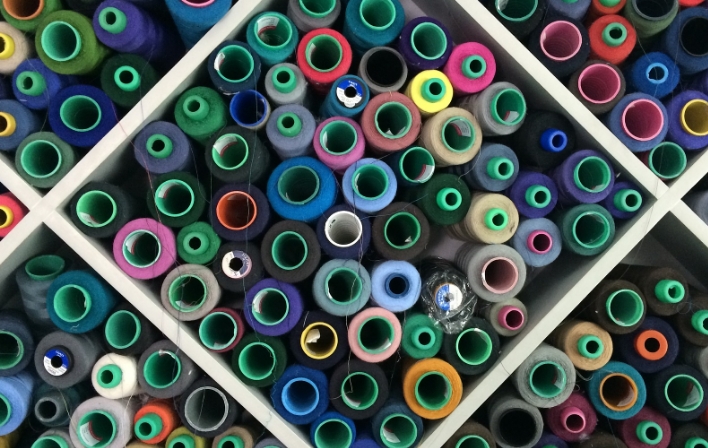
TARGET
100%
of eco-responsible fibres by 2030*
42%
of eco-responsible fibres*
Less and more sustainable packaging
For several years now, our Group has been committed to limiting single-use packaging, whether it be individual logistical packaging or shopping bags, for example. When it is not possible to do without them without compromising the quality of the product or service offered to the customer, our teams work on eco-design of packaging. We choose recycled materials, reduce their weight by adapting the format and grammage, optimise their recyclability and encourage their re-use.

100%
of e-commerce packaging is recycled*
Environmentally-friendly sites
Our Group aims to minimise the environmental footprint of the sites it operates, be they shops, warehouses or offices. Our efforts focus in particular on reducing energy consumption, using renewable energies and recycling waste. A number of initiatives have been rolled out by our teams, including the “My Responsible Point of Sale” programme for all brands, an ISO 14001-certified environmental management system for our warehouses, the purchase of renewable energy, eco-office and responsible digital initiatives, etc.
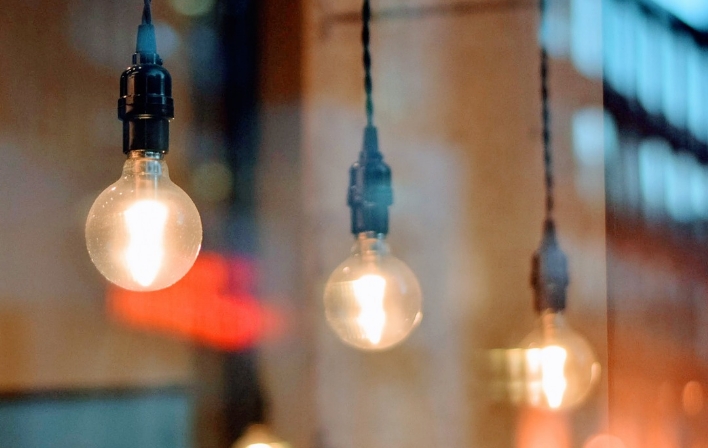
28%
of electricity from renewable sources in France*
TARGET
100%
of renewable electricity by 2025 (France)*
More sustainable fashion built width our customers
More transparency
Our brands want to establish a relationship of trust with their customers, by providing them with the information they need to make the right purchasing decision. The environmental impact of the washing of Bonobo jeans is already being communicated on the brand’s products. At the same time, our Group is involved with the Agence de la Transition Ecologique (ADEME – French Agency for Ecological Transition) in the European project for environmental labelling of textile products, which aims to provide information on the environmental impact of each product throughout its life cycle. It is part of an approach based on progress and transparency.
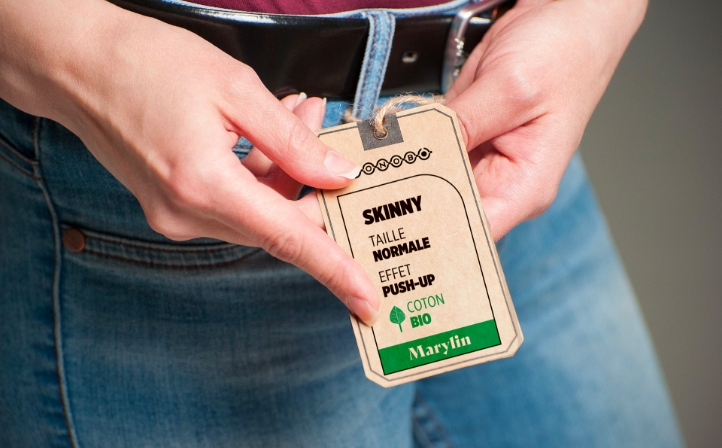
✔
Active member of the European Environmental Labelling (EHL) project
Towards a circular economy
Our brands are working to help their customers become part of a more circular economy by offering a used clothing take-back service in our shops in France. The products collected in this way find a second life in new distribution channels or are recycled when they are no longer in sufficiently good condition.
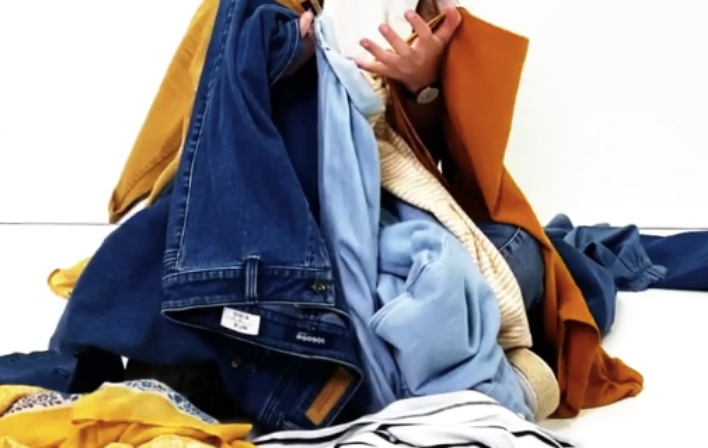
✔
More than 2.3 million items of clothing collected in 2022*
Better-maintained products
Taking good care of your clothes not only extends their lifespan, but also conserves water resources and reduces energy consumption. Whether it’s on product labels, on product information sheets on websites or in-store, our brands provide the best advice to their customers to help them take care of their clothes while protecting the planet.
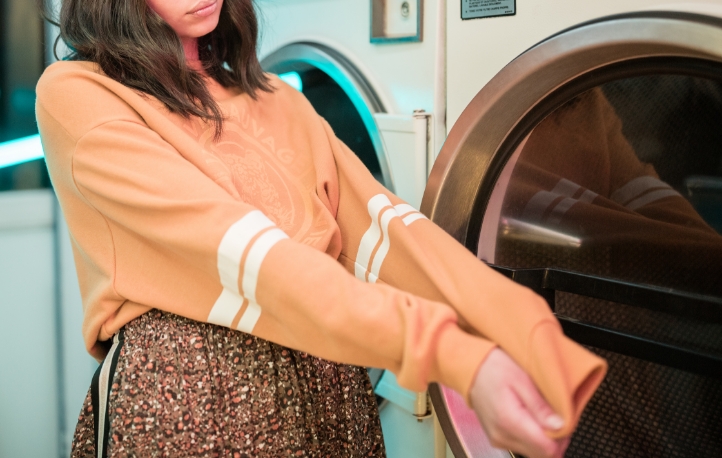
Raising customer awareness of product maintenance
Fashion for all
Several of our brands support the projects of associations that share the Group’s community values. They give their customers the opportunity to get involved by selling products, part of the profits from which are donated to partner associations, or by taking part in the ARRONDI® solidaire round-up microdonation scheme in shops, for example.

888 000
microdonations made by our customers in 2022
More sustainable fashion built with our employees
Ethical behaviour
To ensure a relationship of trust with all its stakeholders, our Group involves and educates its employees in business ethics, the fight against corruption and tax evasion through its Ethics Charter and a training programme for all employees.

65%
of employees are aware of business ethics*
Teams trained in CSR
Our employees are the best ambassadors for our corporate social responsibility approach. The Group’s aim is to give them the desire and the means to make an active contribution. As part of the induction process, we systematically present our CSR ambitions, objectives and key programmes. At the same time, certain business lines receive regular training in sustainable development so that their teams can have a grasp of the key principles and support the company’s sustainable transformation.
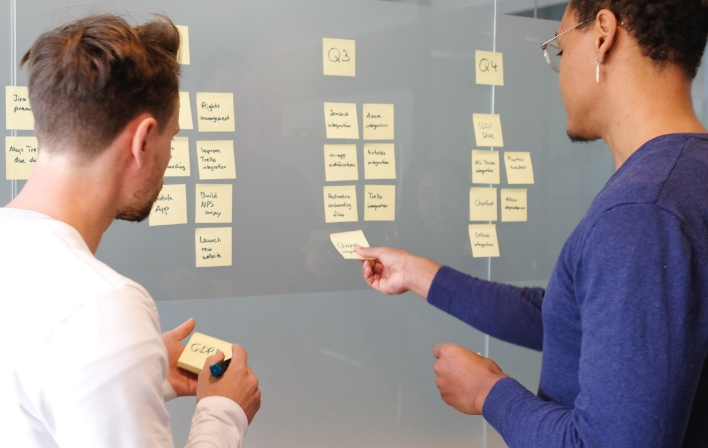
✔
Face-to-face and e-learning CSR training courses
Committed employees
Corporate social responsibility is a daily reality. We organise a number of special events throughout the year, including workshops, community events and conferences, to give everyone the chance to get involved, while at the same time creating a sense of social interaction. Awareness-raising campaigns on eco-responsible day-to-day practices are also regularly conducted at our sites, helping to create a more environmentally-friendly working environment that is consistent with our Group’s CSR objectives.
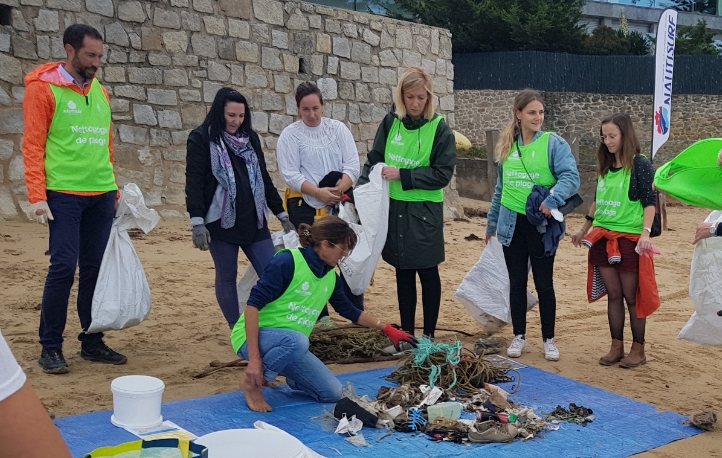
✔
Community-focused events organised for employees
More sustainable fashion built with our suppliers
Better supply chain traceability
One of the Group’s priorities is to improve the traceability of its products, so that we know exactly which companies are involved in the various stages of their manufacture. This mapping of tier 1 (garment), tier 2 (fabric) and beyond suppliers is designed to ensure that we control our supply chain and build lasting partnerships with our suppliers.
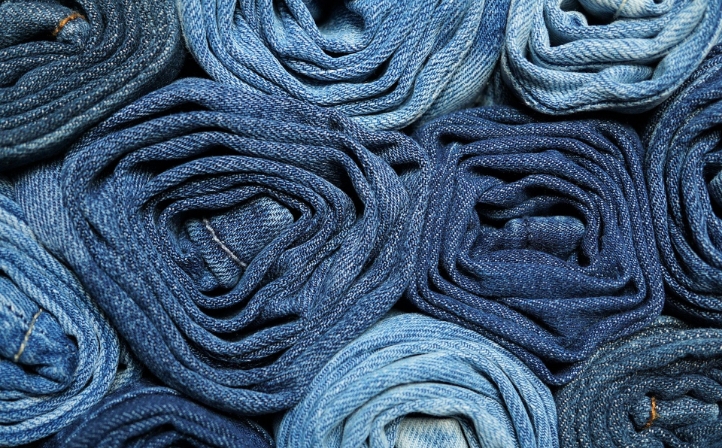
TARGET
100%
of fabric mills to be mapped by 2025*
100%
of garment factories mapped
Social and environmental requirements
The Social and Environmental Charter for our supplier partners sets out our requirements in terms of respect for human rights, working conditions and environmental protection. It is based on internationally recognised standards defined by organisations such as Amfori BSCI or ICS, of which our Group is a member. The Charter provides a framework for our partnership relations and helps to build a relationship of trust with our suppliers.
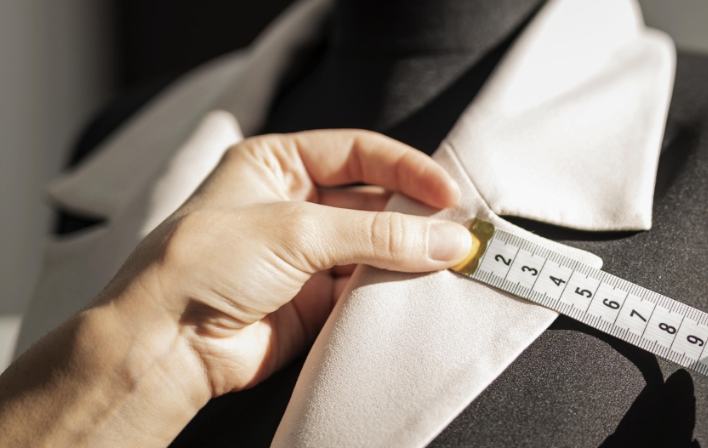
100%
of suppliers who have signed the Social and Environmental Charter*
Assessing and supporting suppliers
Our Sustainable Sourcing team, assisted by independent auditors, regularly checks that the factories where our products are manufactured comply with social and environmental standards. In the event of non-compliance, our Group has developed a training and support programme for the implementation of corrective actions. It aims to commit our partners to a process of real, objective progress. A system of gradual sanctions and delisting has also been defined in the event of persistent non-compliance.

100%
of (non-EU) garment factories audited*
33%
of non-EU fabric mills audited
*Data from “DPEF 2022-2023”, excluding Caroll


